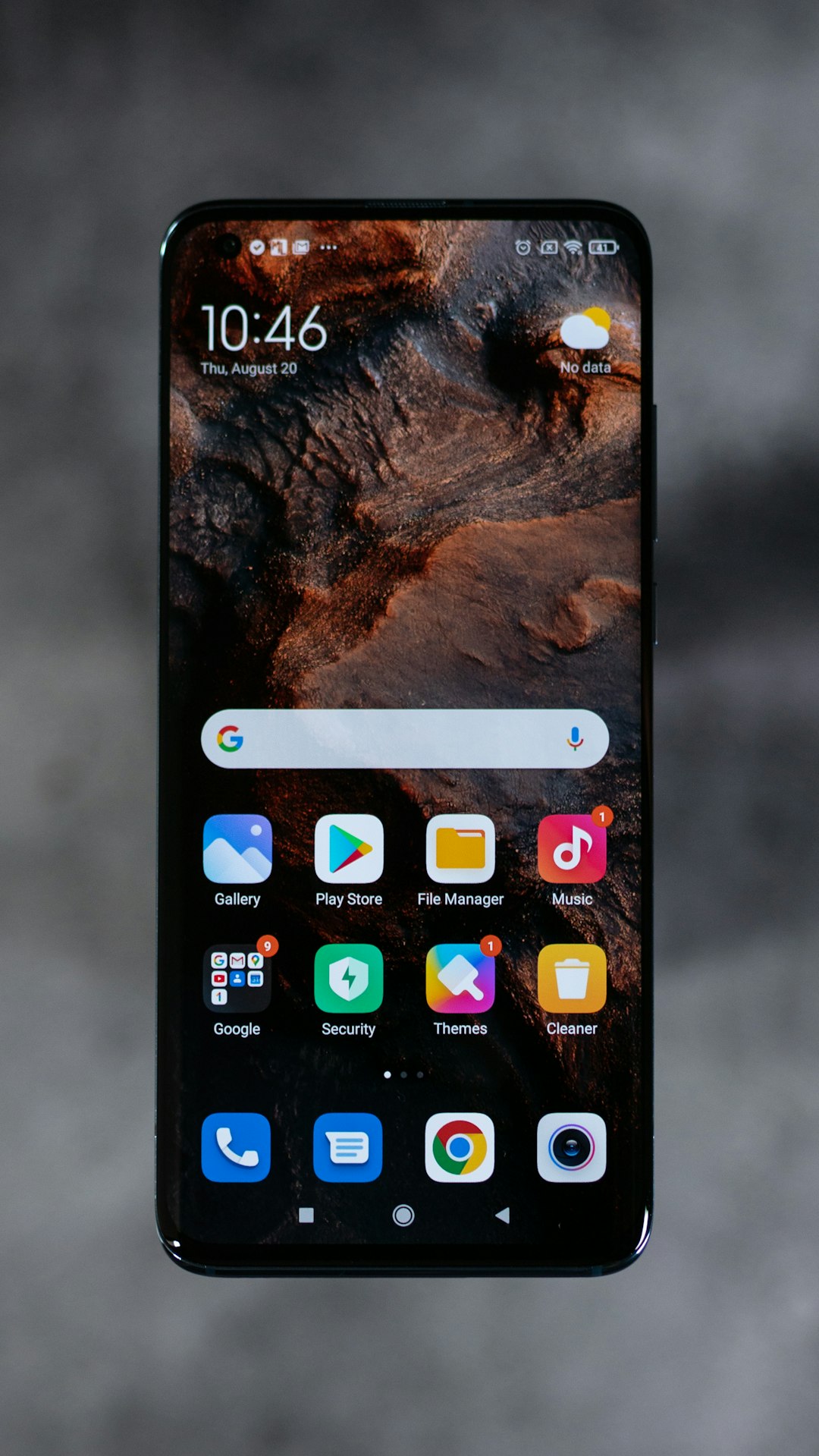Youth in Connecticut are increasingly targeted by sophisticated robocalls, requiring digital literacy education. The Ashford 4-H Club takes a proactive approach by teaching members about phone and online safety, including recognizing and handling robocalls, through interactive workshops. This equips them with skills to protect their privacy, navigate legal issues arising from unwanted communications, and seek help from Robocall Lawyers or Attorneys in Connecticut when needed. With the growing complexity of technology and potential fraud, these initiatives ensure young people are better prepared to handle digital challenges in the future.
Ashford’s 4-H Club is leading the way in digital age education by empowering youth with critical knowledge about phone and online safety. With robocalls becoming a growing nuisance, especially targeting the young, this article explores their impact and how 4-H clubs play a vital role in teaching effective strategies to combat them. We delve into legal aspects, connecting families with top-rated Robocall Lawyer Connecticut resources, and highlighting the importance of such initiatives in today’s bustling digital landscape.
Understanding Robocalls and Their Impact on Youth

Youth are increasingly exposed to a new form of communication that can have a significant impact on their lives: robocalls. These automated phone calls, often promoting products or services and generated in bulk by companies or political campaigns, can be intrusive and distressing, especially for younger individuals. With advancements in technology, these calls have become more sophisticated, making it harder to distinguish them from personal interactions.
In today’s digital age, where youth are already heavily engaged online, the rise of robocalls adds another layer of complexity to their communication landscape. While a robocall lawyer Connecticut or attorney can offer legal guidance and representation in cases of harassment or fraud, educating young people about these calls is a proactive step towards empowering them. The Ashford 4-H Club’s initiative to educate youth on phone and online safety is timely and crucial, as it equips them with the knowledge to recognize and handle such intrusive messages effectively, ensuring their well-being in an increasingly digital world.
The Role of 4-H Clubs in Digital Age Education

In today’s digital age, 4-H Clubs play a pivotal role in educating youth about navigating the complex landscape of phone and online safety. With the ubiquitous presence of robocalls, spam texts, and online scams, it’s crucial for young people to gain digital literacy skills early on. These clubs provide a platform for interactive learning, where members can discuss real-life scenarios involving unwanted communications, privacy concerns, and the potential risks associated with sharing personal information online. Through workshops, seminars, and peer-to-peer discussions, 4-H Clubs empower youth to become responsible digital citizens.
Furthermore, with the increasing number of Connecticut residents seeking legal recourse against robocall lawyers and firms, these clubs offer a unique opportunity for young people to understand their rights in the digital realm. By learning about telemarketing laws, do-not-call lists, and how to report spam, members are equipped with the knowledge to protect themselves from potential legal issues that may arise from unwanted phone calls or online interactions. This proactive approach ensures that future generations are better prepared to handle challenges related to technology and privacy in Connecticut.
Teaching Effective Strategies for Online Safety

Ashford’s 4-H Club is empowering young individuals with essential knowledge about online safety and privacy in an era increasingly dominated by digital communication. Through engaging workshops, members learn practical strategies to navigate the virtual world securely. They are taught to recognize and avoid potential threats like robocalls, a common nuisance that often targets unsuspecting youth. By understanding the legal implications and available resources, such as consulting a Robocall Lawyer Connecticut, club participants can protect themselves from fraudulent activities.
The 4-H Club’s curriculum covers various topics, including recognizing phishing attempts, securing personal information, and reporting online harassment. These skills are crucial in fostering a safe digital environment. With the assistance of expert instructors and guest speakers, including Robocall Attorneys Connecticut, members gain valuable insights into their rights and responsibilities as digital citizens. This proactive approach ensures that youth are equipped to handle online challenges and make informed decisions in their interactions with technology.
Legal Aspects: Who to Turn To for Help in Connecticut? (Robocall Lawyer Connecticut)

In Connecticut, dealing with unwanted robocalls or online privacy breaches can be complex, but there are legal resources available to help. For issues related to robocalls, individuals should consider consulting a Robocall Lawyer Connecticut or seeking assistance from specialized robocall attorneys Connecticut. These legal professionals are equipped to navigate the state’s consumer protection laws and federal regulations, such as the Telephone Consumer Protection Act (TCPA).
There are also reputable robocall law firms Connecticut that focus on representing victims of unwanted communication tactics. If you’re facing persistent or harassing robocalls, contacting one of these robocall lawyers Connecticut could be a strategic step towards regaining control over your communications. Remember, knowing your rights and having the right legal support can make a significant difference in resolving such matters effectively.






